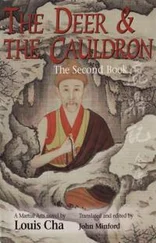TAMARA CHALABI
Late for Tea at the Deer Palace
The Lost Dreams of
my Iraqi Family
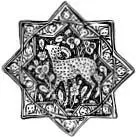

To my dearest ammooooo, Hassan Chalabi
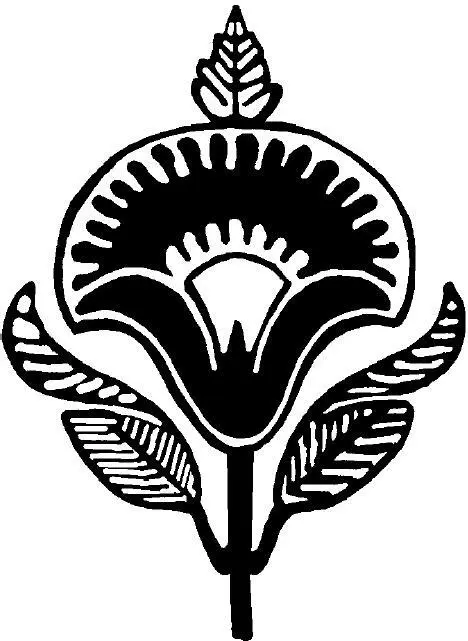
Maps
Family tree
Chronology
Prologue
Book One: Fallen Pomegranates
 December 2007
December 2007
1 Duty Calls: A Busy Day for Abdul Hussein (1913)
2 Stacking Rifles: Hadi and the War (1914–1916)
3 All That is Good Will Happen: A Marriage Prospect (1916)
4 Sugared Almonds and Jasmine: Bibi and Hadi’s Wedding (1916)
5 A Giant Broken: The End of the Ottomans (1917–1918)
 November 1999, Beirut
November 1999, Beirut
Book Two: Replanting Eden
 September 2005
September 2005
6 Café Chantant: The British in Baghdad (1918) 77
7 Rebellion: Fighting for Freedom (1919–1920) 86
8 A New King for a New Country: From Mesopotamia to Iraq (1920–1921)
9 Fesanjoon, a Royal Luncheon: Faisal Visits Kazimiya (1921)
10 Banished: Out of Kazimiya (1922–1924)
11 Accidents of Nature: The Baghdad Boil (1925–1926)
12 In Between: A Home Between Two Cities (1926–1929)
13 Stolen Hopes: A Young Life Lost (1928–1929)
14 Bursting Energy: Hadi’s Growing Empire (1931–1933)
15 Prison: Uninvited Guests at a Feast (1935–1936)
16 Carefree: Growing Up in the Golden Age (1936–1938)
17 A Dark Cloud: The End of a Generation (1938–1939)
18 A New Home: The Shadow of Death (1937–1939)
 October 2006
October 2006
Book Three: A Dangerous Garden
 May 1993
May 1993
19 Mountains and Floods: Domestic Changes (1939–1941)
20 Blood and Salons: Mounting Tensions (1941)
21 An Education Overseas: Mixed Fortunes (1941–1945)
22 Love in Strange Quarters: Of Marriage and Other Unions (1946–1947)
23 The Girl on the Bridge: Anger on the Streets (1947–1949)
24 Precious Things: Towards a New World (1950–1951)
25 Storm Clouds Gathering: Family Feuds and Revolution (1952–1956)
26 Defiance: A Crisis and a Key (1956)
27 Revolution: Slaughter of a Family (1958)
 February 2005, Sadr City
February 2005, Sadr City
Book Four: Fields of Wilderness
 December 2007
December 2007
28 Lost Lands: Seeking Shelter (1958)
29 Migration: Precious Cargo (1958)
30 Hunger Pangs: Yearning for Home (1958)
31 Arrivals and Departures: The Importance of Contacts (1958–1959)
32 Escape to Nowhere: The Threat of the Clown Court (1959)
33 A Temporary Home: Visits to the Park (1959)
34 Return to the Shrine: A Life by the Sea (1959–1963)
35 Of Carpets and New Blood: The Emergence of New Patterns (1967)
36 The Ruins of Kufa: A Coup and a Birth (1968–1972)
37 Civil War: A Shattered Sanctuary (1975–1982)
38 Creased Maps: A Move to a Different Land (1980s)
39 Lessons in Humility: The Loss of Everything Precious (1980s)
40 The Mortality of Gods: Burials of the Banished (1988)
41 The Lost Talisman: When Everything is Taken (1989–1992)
42 A Question of Identity: In Search of a Way to Be (1990–2009)
 30 January 2005, Election Day in Baghdad
30 January 2005, Election Day in Baghdad
Epilogue
Glossary of Iraqi Terms
Acknowledgments
Searchable Terms
About the Author
Copyright
About the Publisher
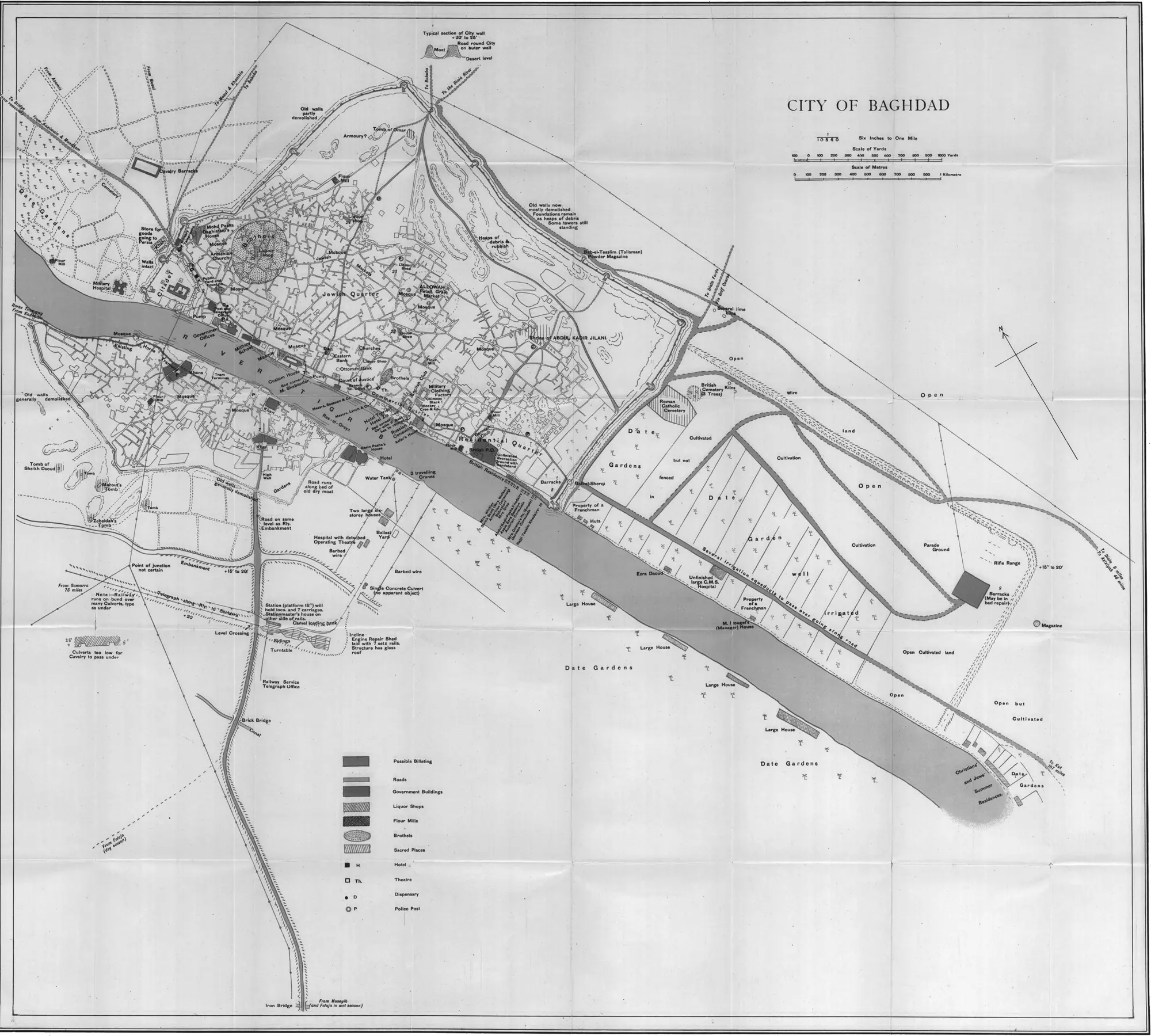
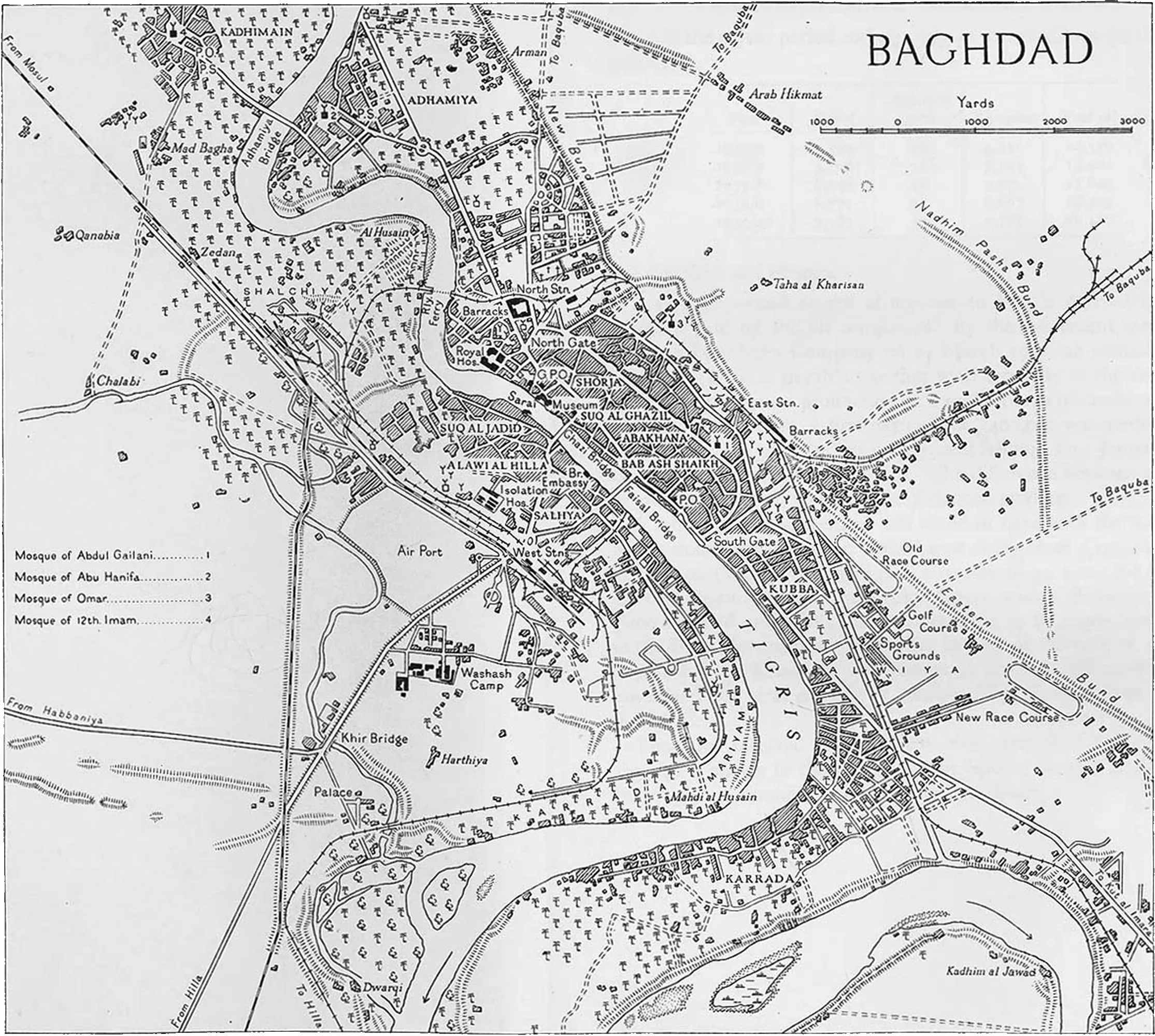
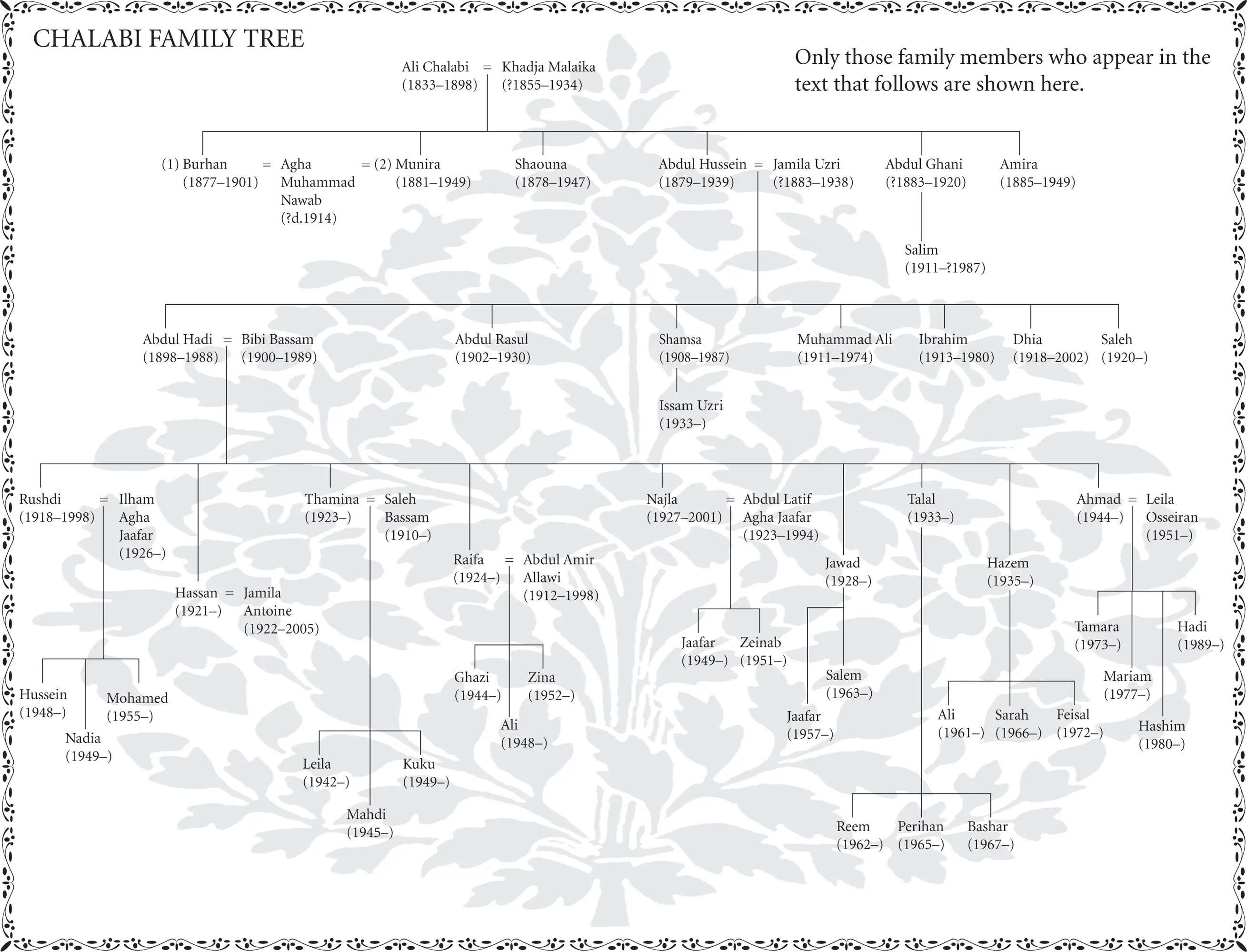

THE KITCHEN WAS bare, an abandoned room. The sole trace of its former occupants was a squat, white bone-china teapot. I reached for it, turning it over in my hands. On its underside were stamped the words ‘State of India’. Alone in this silent space, the teapot spoke to me of a bygone era that had come to an abrupt end.
It was 19 April 2003, ten days after the fall of Baghdad to the US-led coalition forces, and the city, depleted and derelict, was grappling with a new reality. The heat of the day was intolerable, and I could feel my very eyeballs become coated in perspiration, a strange and unwelcome sensation. This was my first ever visit to Baghdad, my father’s home, his parents’ and grandparents’ before him, and theoretically mine as well. I had arrived in the capital after a long car journey from the south in the company of my father – Ahmad Chalabi, a leading opposition figure to Saddam Hussein’s fallen regime.
Everybody asks me about my father. He has been labelled a maverick, a charlatan, a genius. He has been named as the source of supposedly faulty intelligence that led America into the war in Iraq. He has been called a triple agent for the US, Iran and Israel. But this is my story. He has his own tale to tell, although I acknowledge that my father has played a pivotal role in shaping my relationship to his country, Iraq. As with everything in the Middle East, nothing makes sense until you understand the past, and the past is never straightforward.
During this, my first visit to Baghdad, whole convoys and fresh hordes were descending on the capital: the streets were busy with an assortment of opposition leaders, formerly exiled professionals, gold diggers and prospectors, sceptical foreign journalists – and ordinary Iraqis: doctors, lawyers, carpenters and shopkeepers who were returning home. For many, their homecoming was clearly a source of mixed emotions. For my part, as I entered the city with a large group of Iraqis who had been working for the opposition in exile, I swiftly understood that my life here would not be governed by a familiar set of values based on logic, chronology and order.
Читать дальше
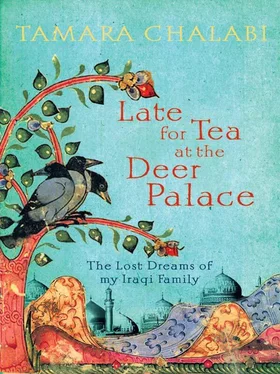



 December 2007
December 2007 November 1999, Beirut
November 1999, Beirut September 2005
September 2005 October 2006
October 2006 May 1993
May 1993 February 2005, Sadr City
February 2005, Sadr City December 2007
December 2007 30 January 2005, Election Day in Baghdad
30 January 2005, Election Day in Baghdad





